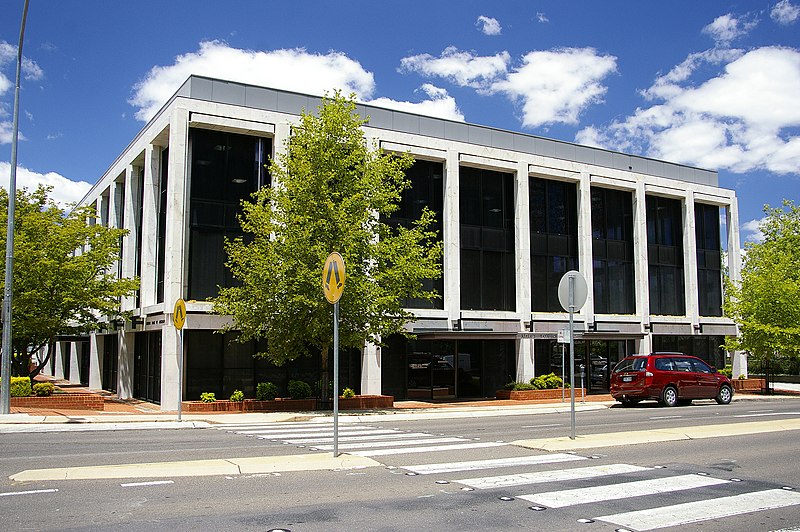High inflation rates over the past year have created a cost-of-living crisis for ANU students, especially those renting and self-catering. Woroni investigated what this means for students, speaking to the organisations who are helping struggling students make it through these tough times.
Economists consider inflation to be a normal part of the economy. However, for the Reserve Bank of Australia (RBA), the organisation responsible for managing inflation in Australia, the target for inflation is an average of 2-3% per year. This is around a quarter of the current inflation figures which came in at a dramatic 7.8% over 2022. A profit-price spiral is driving current inflation, with many large companies increasing prices above the increased costs of production. Government spending pre- and post-COVID-19 has also contributed to inflation, as has the Russia-Ukraine war.
To make matters worse, over 2022, wages only rose by 3.3% on average (less than half of inflation). This has caused the largest reduction in real wages since records began, hitting low-income earners the hardest. For students, this means that their money is going backwards – for example, their wages may not buy as many groceries as they did pre-inflation.
Inflation may also lead to underpayment and underemployment for students. Increased interest rates apply strain on small businesses. As a result, small businesses often cannot afford to pay more than minimum wage, which means less pay for university students. Canberra has seen a 53% increase in small businesses unable to pay their loans.
Inflation has a significant impact on student debt. Students who have taken a HECS-HELP loan to attend ANU are especially affected as these loans increase directly with inflation. In other words, as inflation increases, student debt increases. Last year, the average student debt increased by $900 because of rising inflation.
Source: https://www.ato.gov.au/Rates/Study-and-training-loan-indexation-rates/
Inflation worsens economic divides between students. Food saw the second largest average price increase over 2022 (9.2%). This especially concerns self-catering students who may not be able to afford food costs. It is difficult for students to think about studying when they are worried about putting food on the table. Furthermore, poor nutrition hinders academic performance, and can cause health concerns (some of which Woroni tackled in our scurvy article). It is vital for students to understand that the cost of living crisis will affect all students differently.
Here at ANU, at least one food-store is keeping their prices low, despite inflation. The Food Co-op is a community owned and run grocery store, cafe, and community hub.
The Food Co-op saves money and plastic waste through bulk-buying. Furthermore, the co-op is volunteer run, meaning rising costs of labour don’t factor into their food prices. These factors allow the co-op to provide food to students at lower prices; they also have significant discounts for members and volunteers.
That being said, the co-op faces rising supply costs themselves. Thus, their ability to fight inflation stems from their choice to not pass inflation costs onto students. Chloe Tredrea (she/they) and Yani x (she/her) from the Food Co-op emphasise that “unlike commercial chains, we’re for people, not for profit”, and promised “we will continue to provide food at affordable prices, even as inflation cuts into our margin”.
We asked the co-op whether they had seen an increase in new members due to the cost-of-living crisis. Tredrea shared “It’s hard to say considering that we get such an influx of people at the beginning of the year, but rising-prices at grocery stores are definitely a contributing factor”.
As for long-term solutions to inflation, students will have to wait until the government’s May budget to see what relief measures there will be.
For any students seeking aid, ANUSA has various food programs to help. This includes free breakfast every day of semester for all students, a grocery voucher program through the food co-op, and a mutual aid pantry.
We acknowledge the Ngunnawal and Ngambri people, who are the Traditional Custodians of the land on which Woroni, Woroni Radio and Woroni TV are created, edited, published, printed and distributed. We pay our respects to Elders past and present. We acknowledge that the name Woroni was taken from the Wadi Wadi Nation without permission, and we are striving to do better for future reconciliation.
